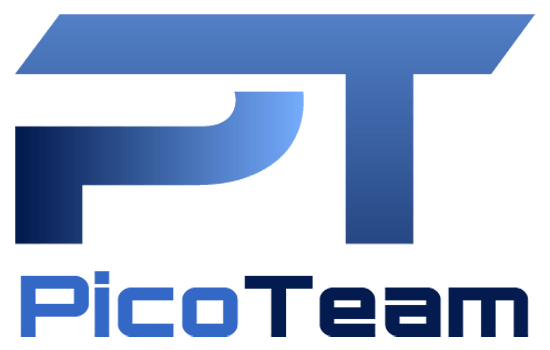Ensuring Safety and Compliance: Digital Traceability Solution for Animal By-Products and Derived products
Animal by-products and derived products can be used for a variety of purposes, but they can also pose a risk to human health if they are not properly managed. To ensure the safety of these materials, the European Union has implemented Regulations 1069/2009 and 142/2011, aimed at protecting public health and prevent the spread of animal diseases by ensuring that these materials are properly handled, traced, and disposed of correctly.
One of the key requirements of these regulations is traceability. All operators handling these materials must have a system in place to trace animal by-products and derived products from their point of origin to their point of delivery or disposal. This goes beyond just avoiding penalties; non-compliance could result in the spread of diseases that pose a serious threat to public health. Therefore, it is crucial that operators maintain an identification and traceability systems that allow for the rapid recall of products in the event of a health risk.
PicoTeam digital traceability solution aims to address these requirements by facilitating a digital system for proper monitoring and tracking of animal by-products and derived products throughout the supply chain. The solution enables operators to maintain commercial documents and accurate records of consignments in digital format.
There are several reasons why the digital traceability solution is essential in assisting compliance with EU regulations on animal by-products and derived products. Firstly, this solution ensures that these materials are properly identified, labelled, and categorized according to their risk status. This is important because different categories have different disposal requirements, and failure to categorize them correctly can pose serious health risk.
Secondly, the digital traceability solution enables real-time monitoring of the movement of these materials, providing regulators with up-to-date information on the location and status of each batch. This helps prevent the spread of animal diseases by allowing for prompt action to be taken.
Finally, digital traceability solutions provide a comprehensive digital record of the entire supply chain for these materials, from the point of origin to final disposal. This enables regulators to trace the sources of any contamination or disease outbreak quickly and accurately, facilitating appropriate action to prevent its spread.
In conclusion, the need for digital traceability solution for animal by-products and derived products is essential for complying with EU regulations. This solution not only ensures the proper handling and disposal of these materials but also enables real-time monitoring and accurate record-keeping to prevent the spread of animal diseases and protect public health.
Implementing a digital traceability solution demonstrates responsible practices in animal welfare while unlocking several operational benefits, such as providing insights into the movement of animal-derived materials and enabling companies to optimize their processes, improve efficiency, and enhance sustainability.


